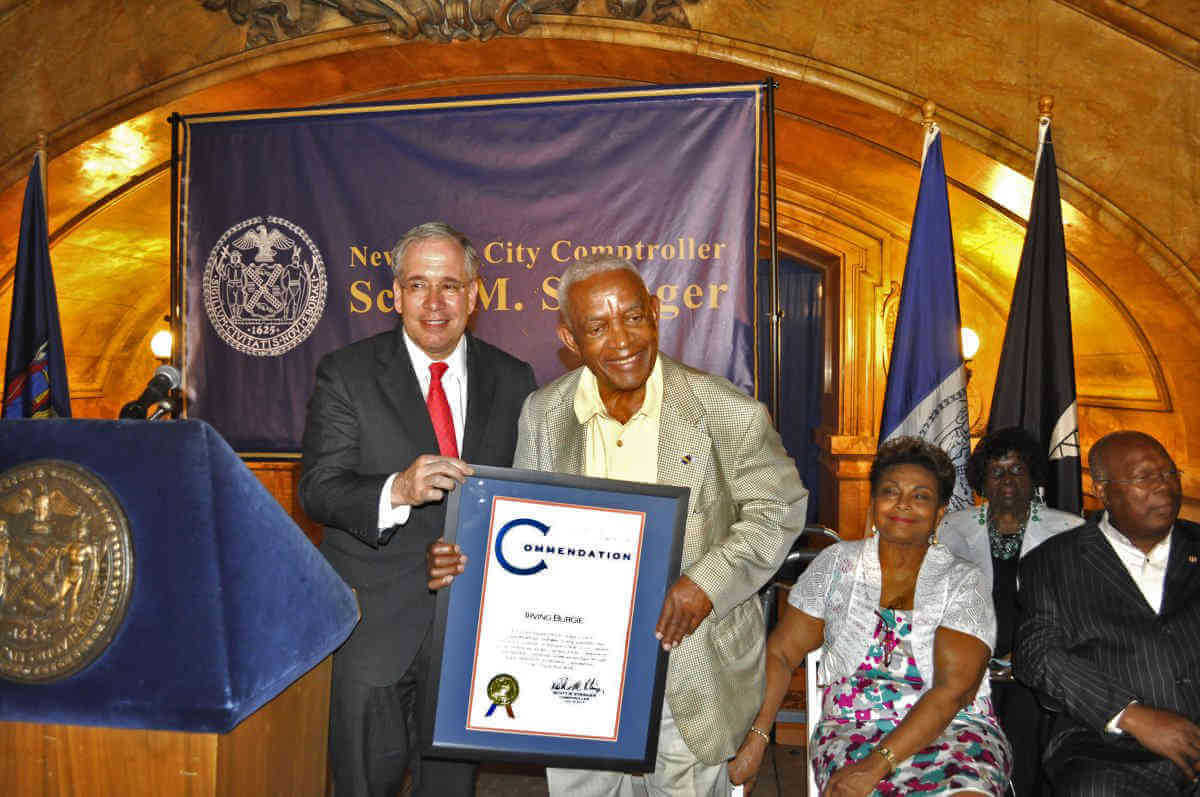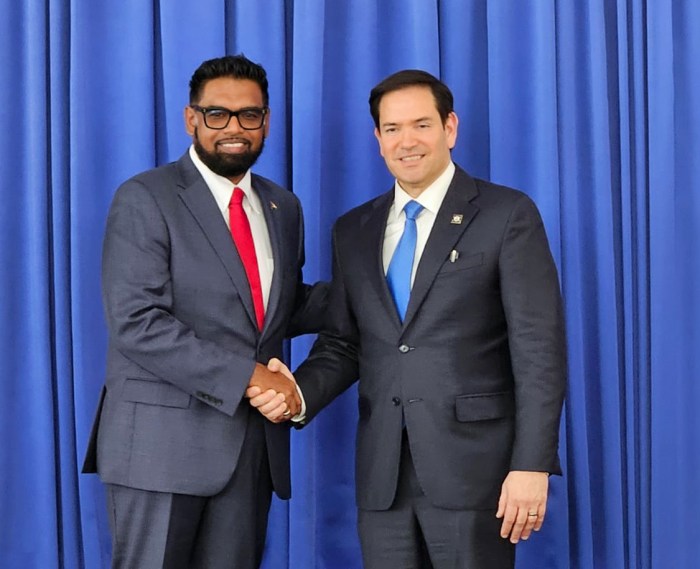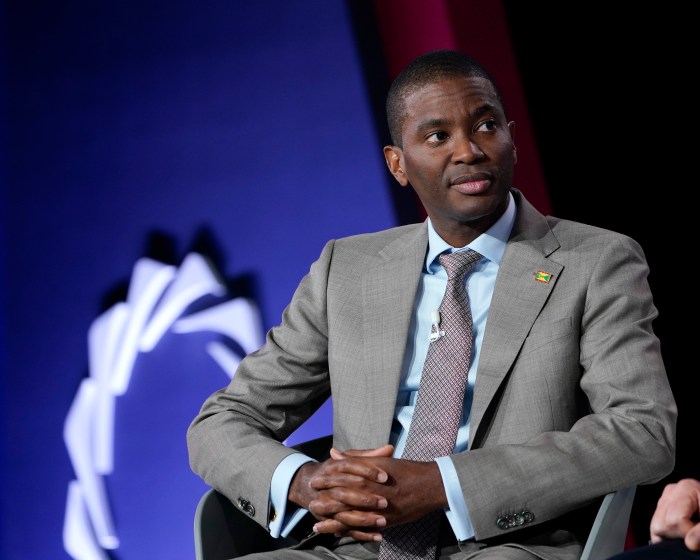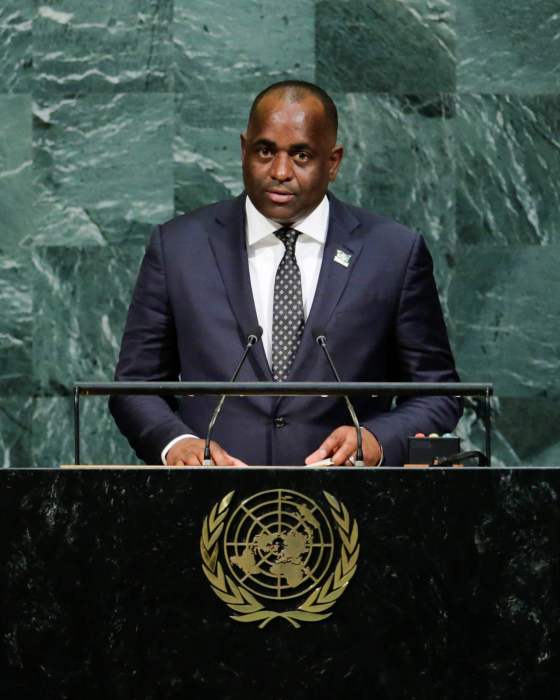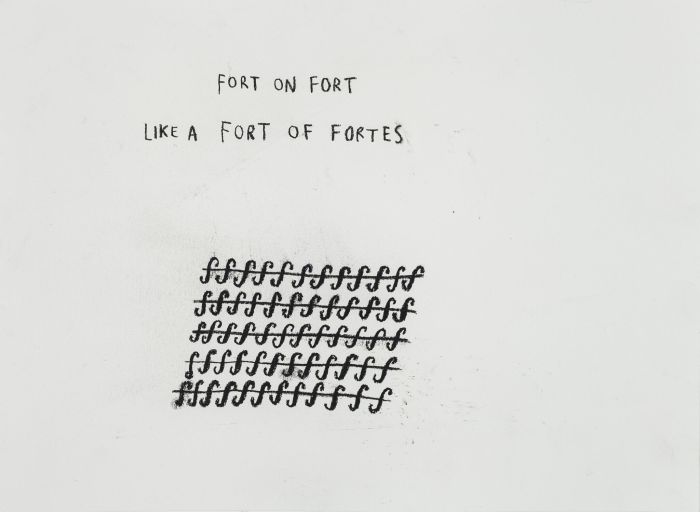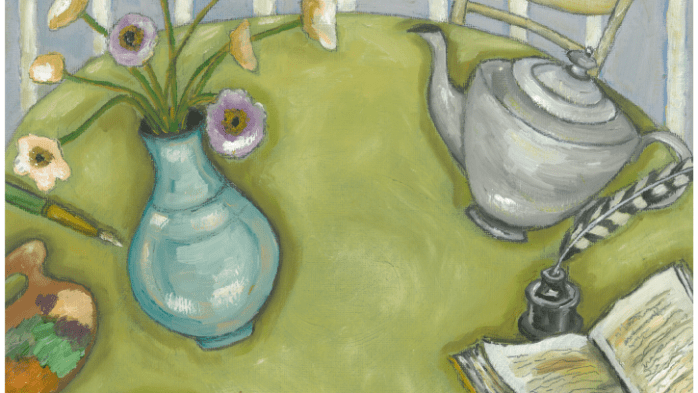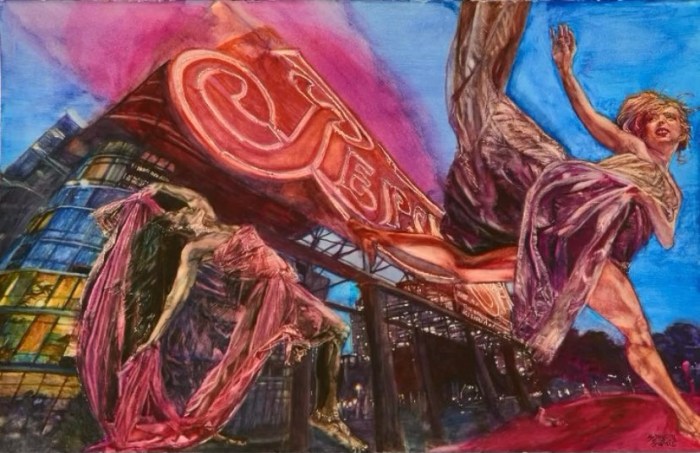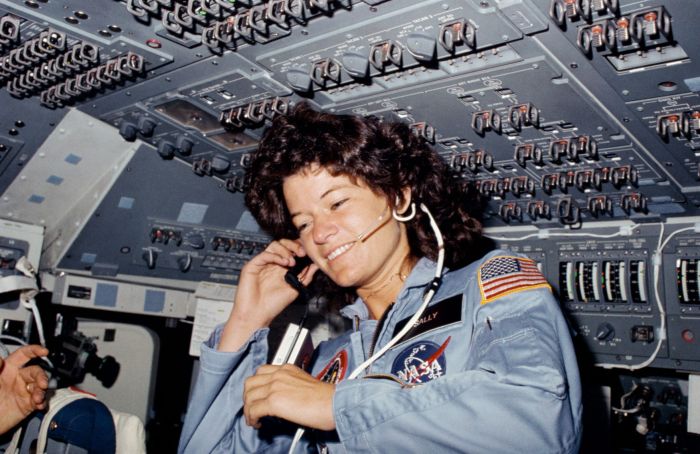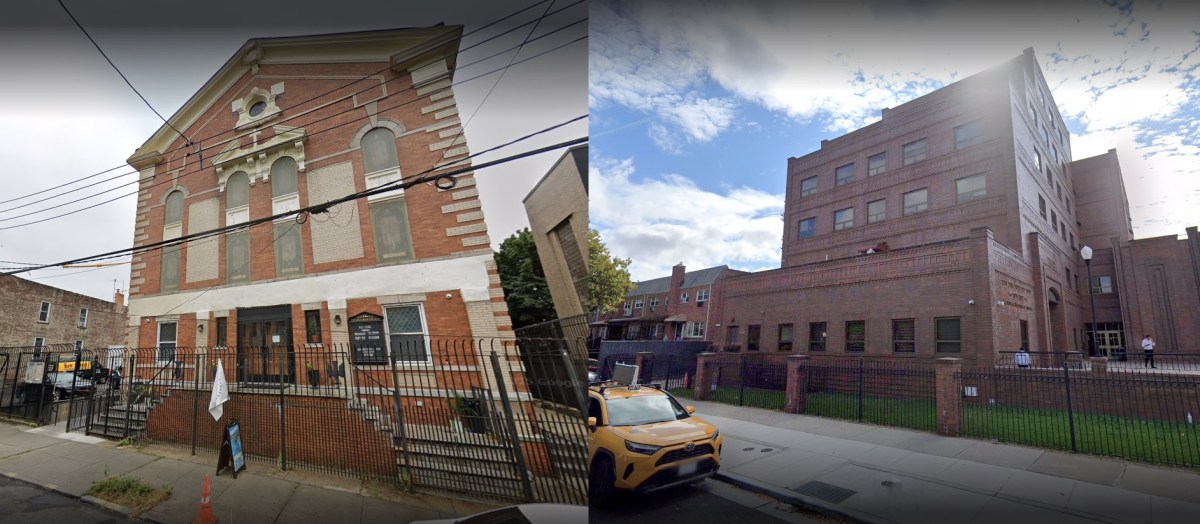Brooklyn-born Irving Burgie, composer of the Barbados National Anthem, whose adaptation of the traditional Jamaican folk song “Day-O” became one of the definitive calypso songs of the 20th century, died at his home in Queens on Friday, according to National Public Radio (NPR). He was 95.
NPR said Burgie died as a result of complications from heart failure. His death was confirmed by his son, Andrew Burgie.
Burgie performed in nightclubs as Lord Burgess, but he was best-known as a songwriter who helped Harry Belafonte bring calypso to the American mainstream, NPR said.
It said “Day-O,” often referred to as “The Banana Boat Song,” was based on a Jamaican folk song and first recorded in 1952 by the Trinidadian singer, Edric Connor.
But NPR said Burgie reworked the lyrics for the version Belafonte would sing on the 1956 album “Calypso.”
Belafonte’s version of “Day-O” went to No. 5 on the Billboard singles chart and helped “Calypso” become the first full-length album ever credited with selling 1 million copies in the United States, according to NPR.
“Day-O” was a traditional Jamaican song that was sung by dock workers who worked throughout the night loading bananas onto ships, according to Wikipedia, the online encyclopedia.
It said Belafonte’s version used lyrics adapted by Burgie and William Attaway, though Belafonte is also credited.
Burgie later described “Day-O” as “a song about struggle, about black people in a colonized life doing the most grueling work”, saying “a lot of my work is based on songs and ditties that I’ve heard in the Caribbean,” he told NPR.
The song “Jamaica Farewell” was later recorded by Jimmy Buffett, Carly Simon and others, Wikipedia said.
It said Belafonte recorded other songs written by Burgie, including “Island in the Sun,” one of 10 Burgie compositions on his 1957 album “Belafonte Sings of the Caribbean.”
Burgie also wrote eight of the 12 tracks on his 1961 album “Jump Up Calypso,” and also wrote “Can’t Cross Over,” and co-wrote “Goin’ Down Jordan,” on Belafonte’s 1977 album “Turn the World Around,” according to Wikipedia.
It said Burgie wrote the music and lyrics for the 1963 off-Broadway musical “Ballad for Bimshire” and also co-wrote the book with Loften Mitchell.
The show opened at the Mayfair Theater on Oct. 15 and ran for 74 performances, Wikipedia said.
It said Burgie performed rarely after his initial success, but did appear in the early 1980s at venues, including Gerde’s Folk City.
In 1996, the album “Island in the Sun: The Songs of Irving Burgie” was released, followed by “The Father of Modern Calypso” in 2003, Wikipedia said.
It said Burgie’s life story was recorded in the book “Day-O!!! The Autobiography of Irving Burgie” (2007).
Burgie, who was born on July 28, 1924, was a second-generation Caribbean-American; his mother, Viola Calendar, was from Barbados, and his father, Louis Burgie, was from Virginia. He grew up hearing Caribbean music in his home, according to the New York Times.
It said Burgie graduated from Automotive High School in Brooklyn in 1941, and was drafted into the Army in 1943, during the Second World War, serving in an all-black battalion in China, Burma and India.
It was in the Army that Burgie took a serious interest in music, the Times said.
“There was a guy in this outfit, Jimmy Houston, who was an alto sax player in the States,” the Times quoted him as telling American Music. “I studied with him and learned about chords and intervals.”
Burgie began to sing in an Army chapel choir, encouraged by fellow soldiers who told him he had a good voice, the Times said.
After the war, he began formal music studies at Juilliard School under the GI Bill, NPR said.
It said he met Belafonte in 1950; several years later Burgie sang some of his songs for Attaway, Belafonte’s friend.
Earlier this year, Burgie said that Attaway called Belafonte and invited him to come to New York, according to NPR.
“When Harry came back, we got together, and I played a few songs for him,” he said in an NPR interview. “He was quite excited about all of the stuff. Before I knew it, they had put together an album called ‘Calypso.’”
In a 2011 interview with the late Gwen Ifill on PBS’ “NewsHour,” Belafonte described “Day-O” as “a song about struggle, about black people in a colonized life doing the most grueling work.”
“I took that song and honed it into an anthem that the world loved,” he said.
Burgie said that most people thought the song was written by Belafonte. But Burgie was listed — as Lord Burgess — in the writing credits of eight of the 11 songs on “Calypso” and insisted — even though Belafonte and Attaway also got credit on some of them — that they were his, according to NPR.
It said Burgie described himself as “a folklorist.”
By the time he was in his early 30s, it said he had gotten enough money from the more than 30 songs that he wrote for Belafonte that he was a wealthy man.
“I was able to live on royalties,” he told NPR. “I made about $20 million over 50 years.”
It said Burgie gave some of that money to civil rights activists.
In 1960, he funded a magazine based in Harlem called “The Urbanite.”
Byron Lewis, who worked at “The Urbanite” before founding one of the nation’s first black-owned advertising agencies, told NPR that, at the time, Burgie “happened to be the only black person in Harlem who really had any money.”
“Burgie is an unsung hero,” Lewis said. “Part and parcel is (are) because he never sought attention.
“I feel that his life really should be memorialized because he represents what you can accomplish, particularly if you’re a person of color,” he added.
NPR said Burgie is regarded as a hero in Barbados, where he is renowned for writing the national anthem, “In Plenty and In Time of Need.”
Earlier this year, Burgie told NPR that he had one more project he would have liked to see realized — a revival of a musical he wrote, inspired by his mother’s experience growing up on a sugar plantation in Barbados.
“He thought Rihanna (pop super star), another Barbadian woman, would have been perfect for the lead,” NPR said.
But even if you didn’t know his name, Burgie told NPR that he was content with his career and life.
“I lived in a beautiful home for 50 years, you know, and raised my two children,” he said. “And, uh, they’re both graduates of Yale.
“I’ve traveled the world and done just about everything I wanted to do in my lifetime,” he added.
NPR said Burgie’s songwriting accomplishments will live on.
It said “Day-O” was recorded dozens more times, including recently by the cast of the musical adaptation of the movie “Beetlejuice” on Broadway.
On Saturday, in her address celebrating Barbados’ 53rd Independence Day, Prime Minister Mia Amor Mottley asked for a moment of silence in Burgie’s honor, according to NPR.


